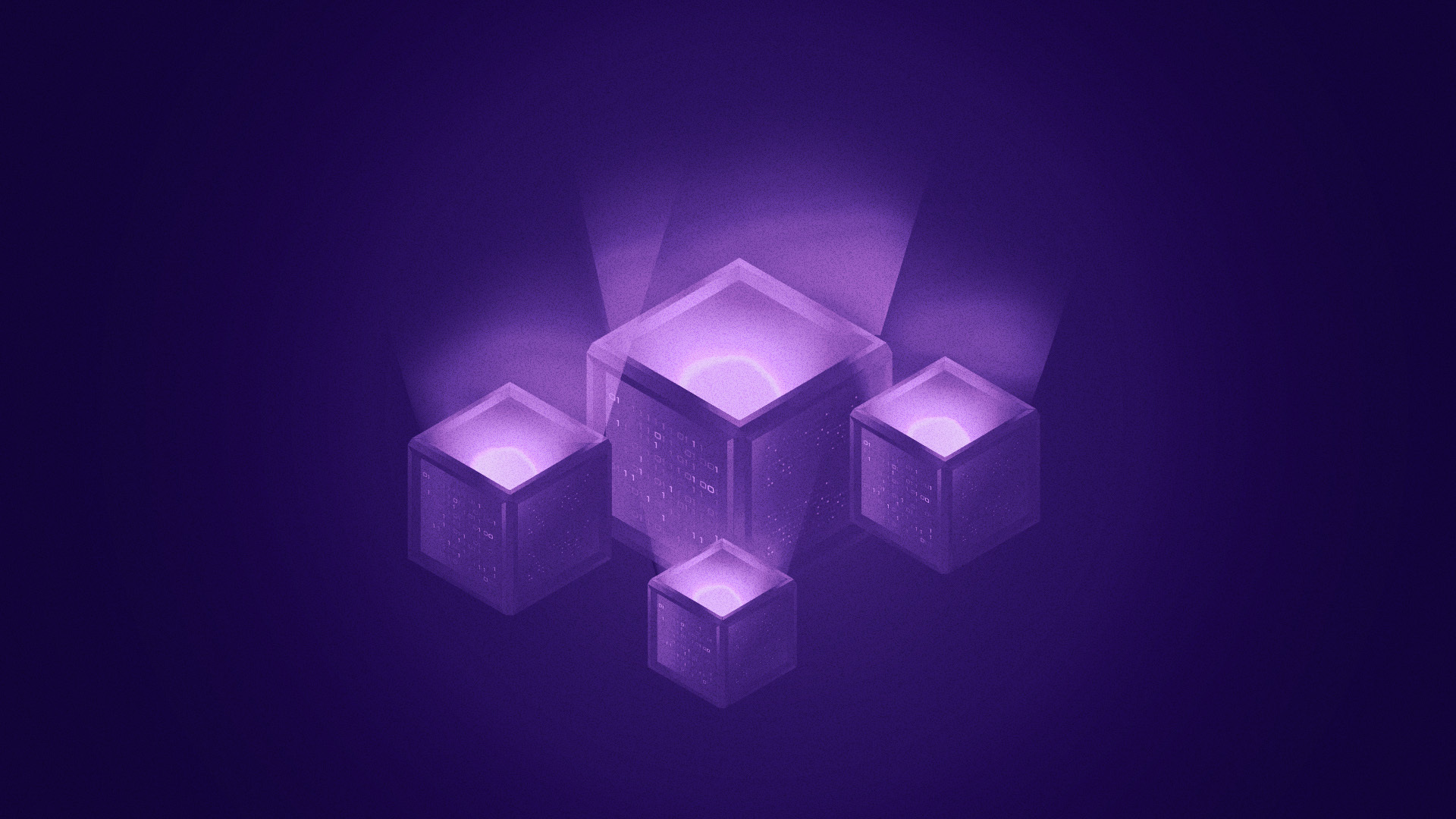Chiliz Chain has the largest mainstream sports partner network in blockchain and a massive potential audience. We see it as our responsibility to provide educational materials for the entire sector, increasing security, understanding, and adoption of this incredible technology.
Blockchain technology has changed the way we handle digital assets, and at the heart of this revolution are crypto wallets. These digital tools play a crucial role in managing and securing cryptocurrencies, tokens, and other blockchain-based assets. As digital finance gets better with time, understanding crypto wallets becomes essential for anyone looking to participate in this new economy.
Understanding Crypto wallets
A crypto wallet is a digital tool that allows you to store, send, and receive cryptocurrencies and other digital assets. Unlike traditional wallets holding physical cash, crypto wallets don’t store your digital assets. Instead, they have the keys that give you access to your assets on the blockchain.
Think of a crypto wallet as a secure interface for interacting with the blockchain. It manages your public and private keys, which are essential for conducting transactions. The public key is like your bank account number—you can share it with others to receive funds. On the other hand, the private key is like your PIN—it’s what you use to authorize transactions and should never be shared.
How Crypto Wallets Work
Crypto wallets work by interacting with blockchain networks. When you want to send cryptocurrency, your wallet creates a digital signature using your private key. This signature proves that you own the assets you’re trying to send. The wallet then broadcasts this transaction to the blockchain network.
The network verifies the transaction and is added to the blockchain once confirmed. Your wallet then updates to reflect the new balance. To receive assets, you simply share your public address (derived from your public key) with the sender. When they send assets to this address, your wallet detects the incoming transaction on the blockchain and updates your balance accordingly.
Types of Crypto Wallets
There are several types of crypto wallets, each with its own features and use cases:
Software Wallets
These are apps you install on your computer or phone. They’re easy to use for everyday transactions.
- Desktop Wallets: You put these on your computer. They’re safe, but hackers can attack if your computer gets a virus.
- Mobile Wallets: These are apps on your phone. They’re great for quick payments in stores or to friends.
- Web Wallets: You use these through a website. They’re handy but can be risky if someone hacks the website.
Hardware Wallets
These are physical devices that look like USB sticks. They keep your crypto offline, which makes them very safe.
Pros
- Your private key is kept offline
- You can use a recovery phrase to get your wallet in case of loss
Cons
- Setting up a hardware wallet can be difficult for beginners
- Hardware wallets are expensive to purchase
Paper Wallets
These are printed papers with your crypto information. They’re completely offline and safe from hacking, but you can easily lose or damage the paper.
Pros
- A paper wallet is very easy to set up and manage
- It gives full control to the user
Cons
- Physical damages like wear and tear can affect your wallet
- It can be easily misplaced
Custodial vs Non-Custodial Wallets
Custodial Wallets: A company, like a bank, holds your crypto for you.
Pros
- Easy to use, especially if you’re new to crypto
- You can get your account back if you forget your password
Cons
- You don’t fully control your crypto
- If the company gets hacked, you could lose your crypto
Non-Custodial Wallets: These are for people who want full control of their assets.
Pros
- You have complete control over your crypto
- It’s more private, as you don’t need to trust a company
Cons
- If you lose your wallet info, you lose your crypto
- You’re responsible for keeping your crypto safe
Each wallet type is good for different things. Software wallets work well for everyday use, while hardware wallets are best for keeping large amounts of crypto safe. Custodial wallets are good for beginners, while non-custodial wallets are for people who want full control. Choose the type that fits your needs and how comfortable you are managing digital money.
The Role of Crypto Wallets in the Crypto Ecosystem
Crypto wallets are fundamental to the functioning of the cryptocurrency ecosystem. They enable users to participate in blockchain networks, facilitating the transfer of value without intermediaries. As decentralized finance (DeFi) and non-fungible tokens (NFTs) gain popularity, crypto wallets are advancing to support these new use cases, becoming more than just storage for cryptocurrencies.
The Socios.com Web3 Wallet
The forthcoming Socios.com Web3 Wallet is set to enhance the Fan Token experience. This non-custodial wallet will allow Socios.com users to securely hold and manage Fan Tokens, CHZ, and NFTs. Beyond basic storage, it will enable access to various SportFi decentralized applications (dApps), integrating sports engagement with blockchain technology. This wallet represents a significant step in bringing Web3 capabilities to sports fans worldwide.
Conclusion
Crypto wallets are more than just digital piggy banks. They’re your interface to the blockchain world, offering security, control, and new possibilities for managing digital assets. As blockchain technology transforms, crypto wallets will play an increasingly important role in our digital lives.











